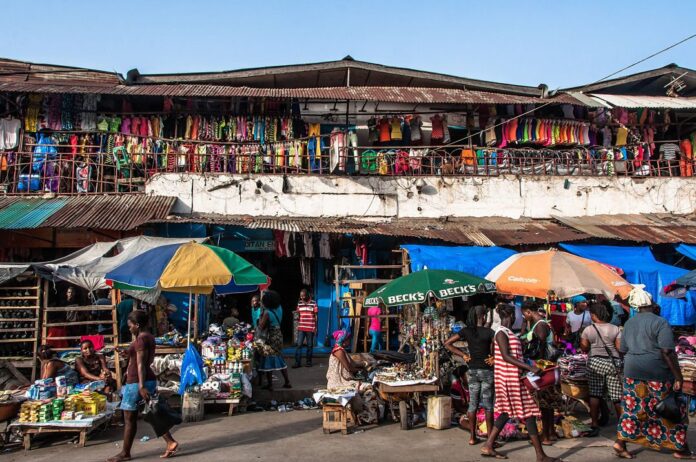Liberia is grappling with significant economic and social challenges, as high inflation and stagnating local production contribute to widespread hunger in West and Central Africa. These issues are exacerbating poverty and food insecurity, making it crucial for the government and international community to address the underlying causes and implement sustainable solutions.
High Inflation and Its Impact
Inflation in Liberia has been on the rise, driven by increases in transport and food prices. In 2023, the annual average inflation rate reached 10.1%, up from 7.6% in 2022. Food inflation, in particular, soared to 12.3%, significantly impacting the cost of living for ordinary Liberians. The rising prices of essential goods have eroded purchasing power, making it difficult for many families to afford basic necessities.
Stagnating Local Production
Local production in Liberia has stagnated, further compounding the economic challenges. The agricultural sector, which is a critical component of the economy, has seen sluggish growth. Key agricultural products such as rubber and crude palm oil have experienced declines in output. This stagnation has limited the country’s ability to meet domestic demand and has increased reliance on imports, which are subject to global price fluctuations.
Widespread Hunger
The combination of high inflation and stagnating local production has led to widespread hunger in Liberia and the broader West and Central African region. More than four-fifths of Liberia’s population faces moderate or severe food insecurity. The situation is dire, with many households struggling to secure enough food to meet their daily needs. The preference for rice, a staple food, has made the country particularly vulnerable to food insecurity, as domestic production falls short of demand.
Addressing the Challenges
To tackle these challenges, Liberia needs to implement comprehensive and sustainable strategies. Key areas of focus should include:
- Boosting Agricultural Productivity: Investing in modern farming techniques, improving access to technology, and enhancing the agricultural value chain can help increase local production and reduce dependency on imports.
- Economic Diversification: Diversifying the economy beyond agriculture and mining can create new opportunities for growth and employment. This includes developing sectors such as manufacturing, services, and tourism.
- Strengthening Social Safety Nets: Expanding social protection programs can provide immediate relief to vulnerable populations. This includes food assistance, cash transfers, and other support mechanisms to help families cope with rising prices and food shortages.
- Enhancing Fiscal Policies: Implementing prudent fiscal policies to control inflation and stabilize the economy is essential. This includes measures to improve revenue collection, reduce public spending, and manage debt levels.
International Support
International organizations and development partners play a crucial role in supporting Liberia’s efforts to address these challenges. Continued financial assistance, technical expertise, and capacity-building initiatives can help the country implement effective policies and achieve sustainable development goals.
In conclusion, Liberia’s economic and social challenges are complex and multifaceted. High inflation and stagnating local production are driving widespread hunger, necessitating urgent and coordinated action. By focusing on boosting agricultural productivity, diversifying the economy, strengthening social safety nets, and enhancing fiscal policies, Liberia can work towards a more stable and prosperous future.
Stay informed about Liberia’s journey to Expo 2025 and other significant developments by following LIB9NEWS. Subscribe to our newsletter and never miss an update on the latest news, business insights, and political events shaping Liberia’s future. Visit LIB9NEWS today!







